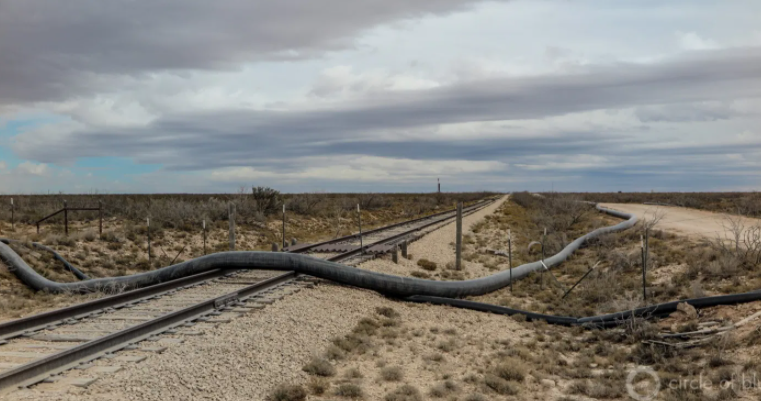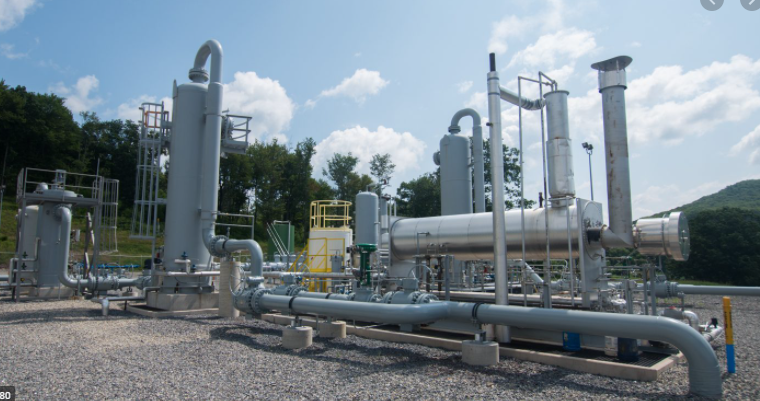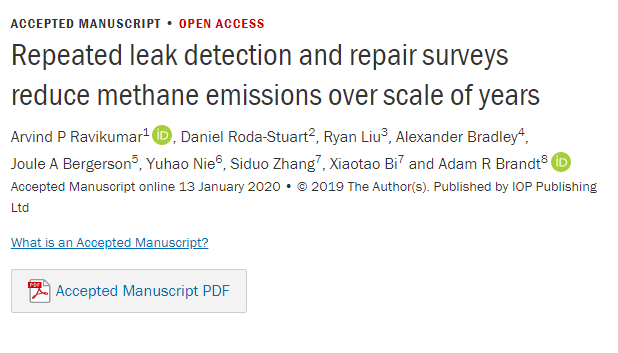
Good summary of what went wrong with the TX grid. I am going to try to explain what happened on the natural gas supply chain.
TL;DR: Combination of extended cold, unique basin properties, old pipes, and gas/electricity dependence. Thread. 1/
bloomberg.com/news/features/…
TL;DR: Combination of extended cold, unique basin properties, old pipes, and gas/electricity dependence. Thread. 1/
bloomberg.com/news/features/…
First, here's the natural gas supply chain. The parts that failed were in 3 areas:
1) oil & gas wells
2) Gathering lines
3) Equipment malfunction at power plants
4) Outage cut power to compressor stations that moved gas
+Other long-term issues like limited storage in TX. 2/
1) oil & gas wells
2) Gathering lines
3) Equipment malfunction at power plants
4) Outage cut power to compressor stations that moved gas
+Other long-term issues like limited storage in TX. 2/

1) Why did O&G wells fail?
Permian basin is a liquids-rich basin. In addition to gas, wells also produce oil & water. For e.g., for every barrel of oil produced, you bring up 2-3 barrels of water.
In extended cold, water freezes and blocks the flow of gas from the well.
Permian basin is a liquids-rich basin. In addition to gas, wells also produce oil & water. For e.g., for every barrel of oil produced, you bring up 2-3 barrels of water.
In extended cold, water freezes and blocks the flow of gas from the well.

2) Let's say the wells were okay.
Products (oil/gas/water) then go to a separator where they get, well, separated. Again, potential for water and liquids to freeze on unprotected pipes or valves to fail (get stuck). In places like ND/Canada, they're often enclosed in buildings.

Products (oil/gas/water) then go to a separator where they get, well, separated. Again, potential for water and liquids to freeze on unprotected pipes or valves to fail (get stuck). In places like ND/Canada, they're often enclosed in buildings.


3) Let's say separator was okay.
Next comes gathering lines, that take the gas+liquids to a processing facility where gas gets cleaned up.
In the Permian, gathering lines are old, exposed to elements (criss-crossy lines below), & prone to leaks/failure. Cold made it worse.

Next comes gathering lines, that take the gas+liquids to a processing facility where gas gets cleaned up.
In the Permian, gathering lines are old, exposed to elements (criss-crossy lines below), & prone to leaks/failure. Cold made it worse.


If any one of the above had failed for an extensive period of time, gas production would fall fast. Most likely, all of them failed at some point.
Interestingly, interstate transmission pipelines were mostly okay, but they were rendered useless by upstream + downstream issues.
Interestingly, interstate transmission pipelines were mostly okay, but they were rendered useless by upstream + downstream issues.

Finally, to make things worse, the sudden electricity outages resulted in some gas compressor stations losing power.
Which means enough pressure could not be maintained along transmission lines that supply gas to power plants. More plants shut down.
Which means enough pressure could not be maintained along transmission lines that supply gas to power plants. More plants shut down.

Finally, power plants had their own issues - look what Entergy personnel found at their generating station.
https://twitter.com/EntergyTX/status/1361469253736673283?s=20
So, that's it.
The gas supply chain is premised on a sequential chain of operations that must all work together. During the cold snap, they failed. The cold, the aging infrastructure, the dependency on gas for heat & electricity all contributed to the cascading failure. /End
The gas supply chain is premised on a sequential chain of operations that must all work together. During the cold snap, they failed. The cold, the aging infrastructure, the dependency on gas for heat & electricity all contributed to the cascading failure. /End
• • •
Missing some Tweet in this thread? You can try to
force a refresh







